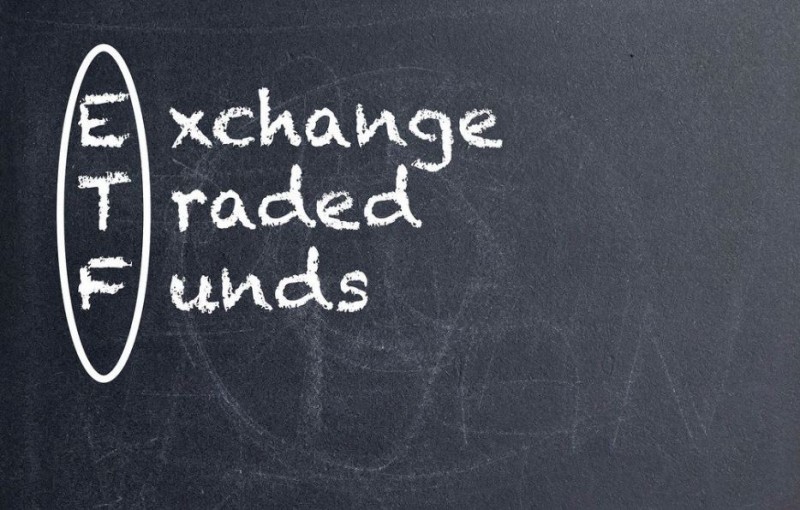
In the world of investing, there are various options available, but two of the most popular choices among investors are individual stocks and exchange-traded funds (ETFs). Both options have their own merits and drawbacks, and deciding between them can be a critical decision for your investment strategy. In this article, we will explore the differences between individual stocks and ETFs and provide insights to help you make an informed decision.
Investing in the financial markets can be a rewarding endeavor, but it also comes with its share of risks and uncertainties. When considering where to invest your hard-earned money, you may come across two primary options: individual stocks and exchange-traded funds (ETFs). Understanding the characteristics of each option and how they align with your financial goals is crucial in making the right investment choice.
Understanding Individual Stocks
What are Individual Stocks?
Individual stocks represent ownership in a single company. When you purchase shares of an individual company's stock, you become a shareholder and have a proportional claim on the company's assets and earnings. Owning individual stocks allows you to have a direct impact on the performance of the company you've invested in.
Advantages of Investing in Individual Stocks
Investing in individual stocks comes with several advantages. Firstly, it allows for the potential of higher returns compared to other investment vehicles. Some individual stocks have historically outperformed the broader market, providing investors with significant gains. Additionally, as a shareholder, you have voting rights in the company, giving you a say in corporate decisions.
Risks of Investing in Individual Stocks
Alongside the potential for higher returns, investing in individual stocks carries higher risks compared to diversified investment options. Individual stocks are more susceptible to market volatility and can be affected by company-specific factors such as management changes, product success or failures, and market competition.
Exploring Exchange-Traded Funds (ETFs)
What are ETFs?
Exchange-Traded Funds (ETFs) are investment funds that trade on stock exchanges, much like individual stocks. ETFs are designed to track the performance of a specific index, sector, commodity, or asset class. They offer instant diversification by including a basket of different assets within a single fund.
Advantages of Investing in ETFs
ETFs offer numerous advantages to investors. They provide instant diversification, reducing the impact of individual stock volatility on your investment. Additionally, ETFs generally have lower expense ratios compared to mutual funds, making them a cost-effective option for investors. ETFs also provide flexibility, as they can be bought and sold throughout the trading day at market prices.
Risks of Investing in ETFs
While ETFs are generally considered less risky than individual stocks, they are not entirely immune to market fluctuations. The value of an ETF can still be influenced by changes in the underlying index or asset class it tracks. Additionally, certain ETFs can have specific risks, such as those focused on a particular sector or industry.
Key Factors to Consider
When choosing between individual stocks and ETFs, there are several critical factors to consider:
Investment Goals and Risk Tolerance
Your investment goals and risk tolerance are vital considerations. If you seek higher returns and are willing to take on higher risks, individual stocks might be more suitable. On the other hand, if you prefer a more stable and diversified investment approach, ETFs might align better with your risk tolerance.
Diversification
Diversification is a crucial aspect of any investment strategy. Individual stocks offer less diversification, whereas ETFs provide access to a broad range of assets, reducing the risk associated with any single investment.
Cost Considerations
Costs can significantly impact your investment returns. Investing in individual stocks might involve higher trading fees and commissions, whereas ETFs typically have lower expense ratios.
Time and Effort
Investing in individual stocks often requires more time and effort for research and monitoring. On the contrary, ETFs offer a hands-off approach as they automatically track the underlying index or assets.
Making the Decision
Assessing Your Financial Goals
Before making a decision, thoroughly assess your financial goals, time horizon, and risk appetite. Consider whether you are looking for long-term growth or seeking income through dividends.
Understanding Market Conditions
Monitor the market conditions and economic outlook before making any investment decisions. Market trends and macroeconomic factors can influence the performance of both individual stocks and ETFs.
Seeking Professional Advice
If you find it challenging to choose between individual stocks and ETFs, seeking advice from a financial advisor can provide valuable insights tailored to your unique financial situation.
Choosing between individual stocks and ETFs can significantly impact your investment success. Individual stocks offer the potential for high returns but come with higher risks and require more active management. On the other hand, ETFs provide instant diversification and a more hands-off approach. Ultimately, your decision should align with your financial goals, risk tolerance, and investment strategy.
Retail Titans: The Journey of Brands that Revolutionized Shopping
Paytm Anticipates Achieving Positive Free Cash Flow by Year-End